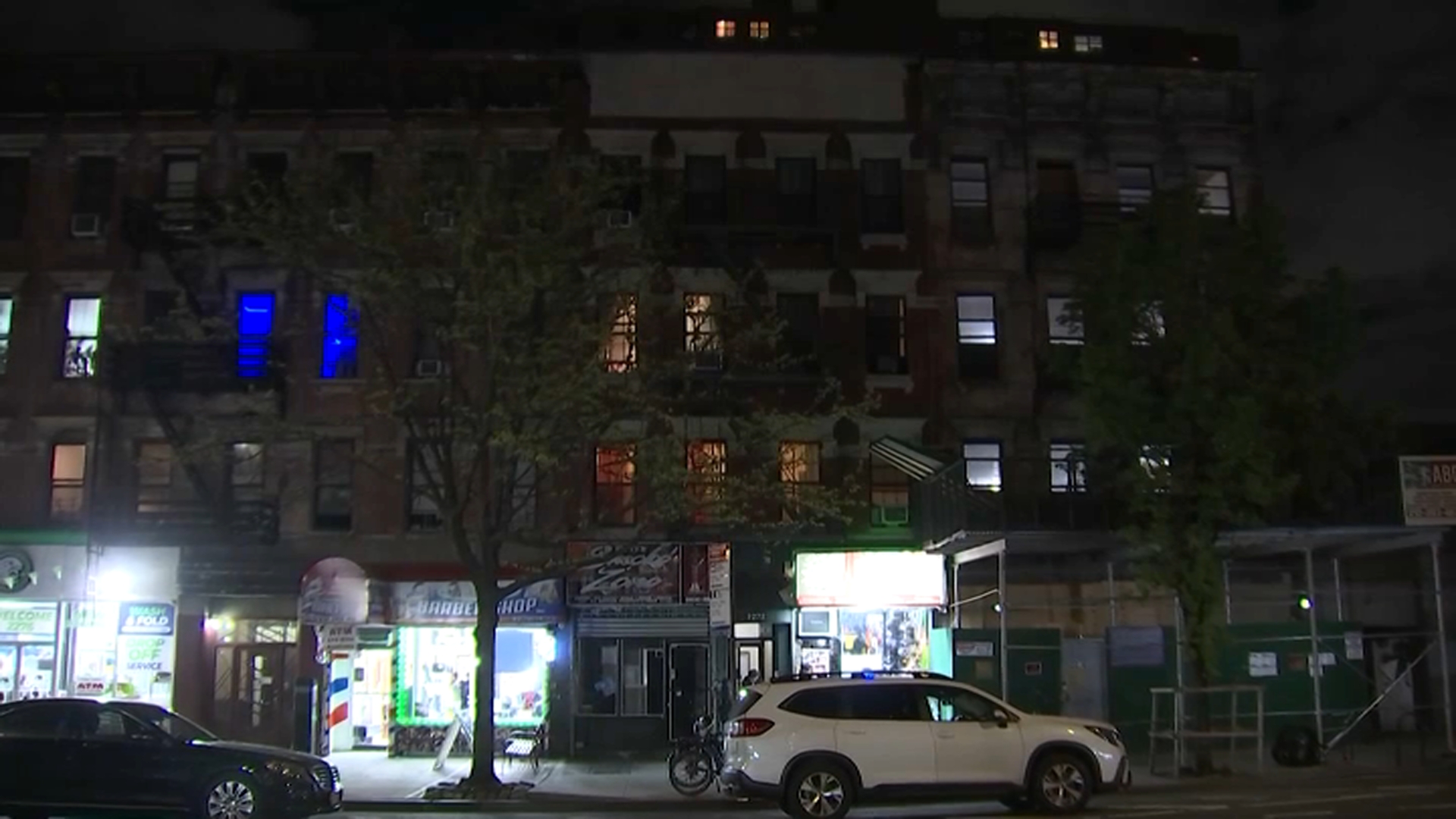What to Know
- Airbnb hosts protested a new restriction signed into law that fines hosts up to $7,500 for illegally renting out short-term rentals in NY
- Lawmakers who sponsored the bill say they're not going after "Joe Tenant who does this once in awhile"
- People who rent spare bedrooms, or own rowhouses or single-family homes are exempt
New Yorkers are clashing over a new restriction on Airbnb signed into law last week by Gov. Andrew Cuomo.
Last Friday, New York state enacted one of the nation's toughest restrictions on short-term rentals offered on sites like Airbnb: fining people up to $7,500 for advertising a vacant apartment in a multi-unit building for 30 or fewer days.
The new fine -- which beefs up an existing state law that says it's illegal to rent out such spaces for a short term -- has angered Airbnb hosts in New York City who say the service helps make ends meet and that the new fines are "outrageous."
Avkash Kana lists his one-bedroom apartment in East Harlem on Airbnb for $150 a night. As a result of the new law effective Nov. 1, he could face a $7,500 fine.
"Just by listing my place, it makes it illegal for me to do that," he said.
Kana and other Airbnb hosts protested the new law outside Cuomo's midtown office Wednesday.
"It's just tremendously unfair," said another Harlem resident named Opal, who were among the Airbnb supporters who delivered 80,000 letters to the governor Wednesday. "There needs to be common-sense legislation."
Local
But another group of New Yorkers were squaring off against the Airbnb hosts, saying the short-term rental site is keeping New Yorkers from finding reasonably priced housing.
"For them to try to make a quick dollar the way that they are doing, I think it's wrong," said Gregory Hunt.
The bill's supporters said the law is about evening the playing field, not slashing the little guys trying to make a few dollars. They say the law will help stop illegal, unlicensed hotels and protect affordable residential housing in New York City.
"We are not after Joe Tenant who does this once in awhile," said assemblywoman Linda Rosenthal. "They are not disturbing the housing market. What is, is the thousands of units commercial operators take off the market."
The governor's office said in a statement, "This is an issue that was given careful, deliberate consideration, but ultimately, these are activities that are already expressly prohibited by law."
Residents who rent spare bedrooms, row houses or single-family homes are exempt from the law. Enforcing the law will be a challenge.



